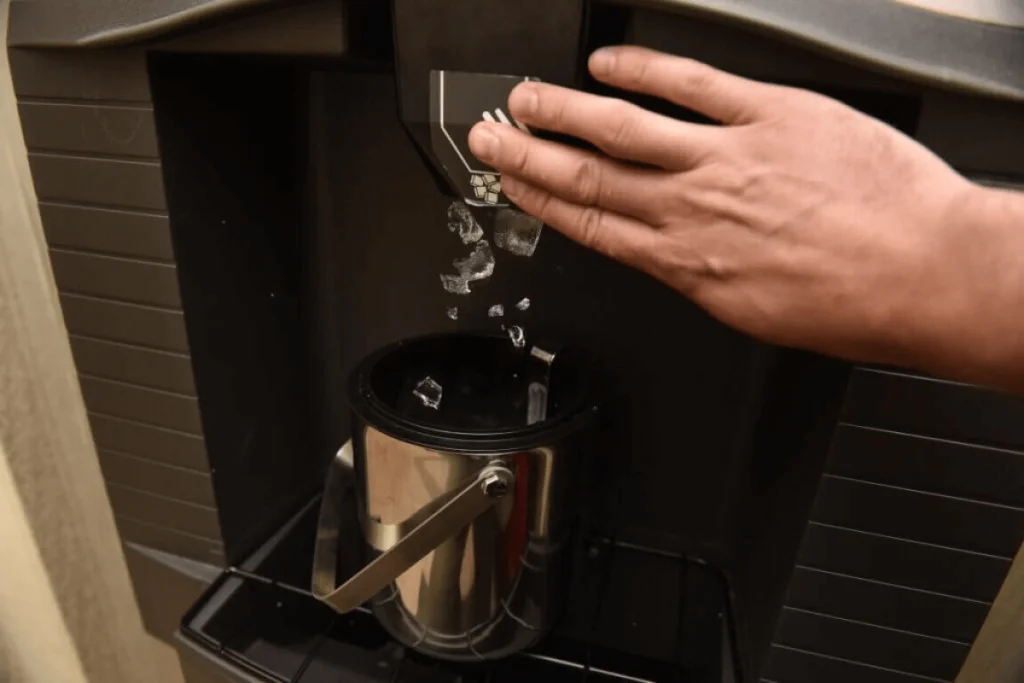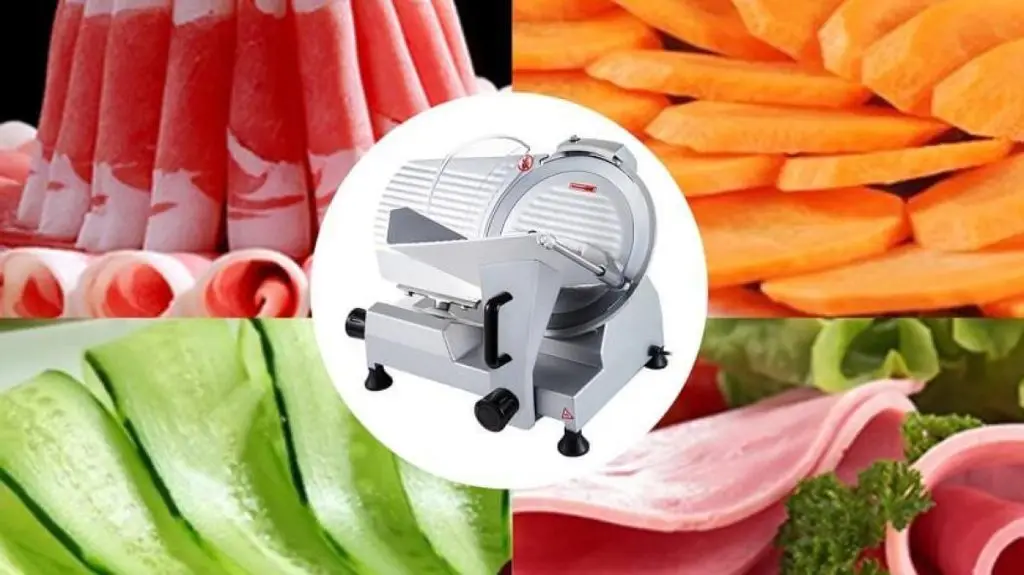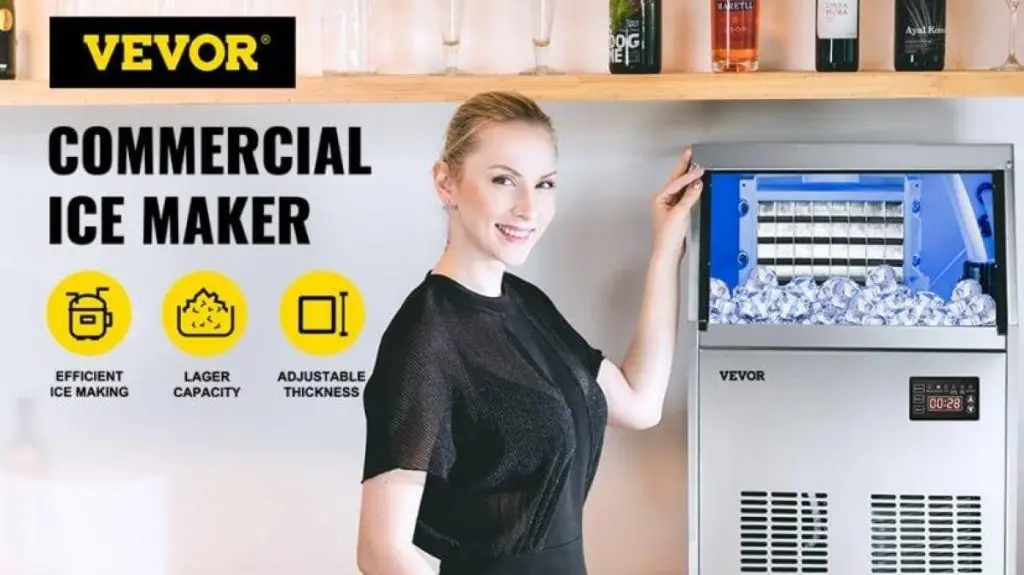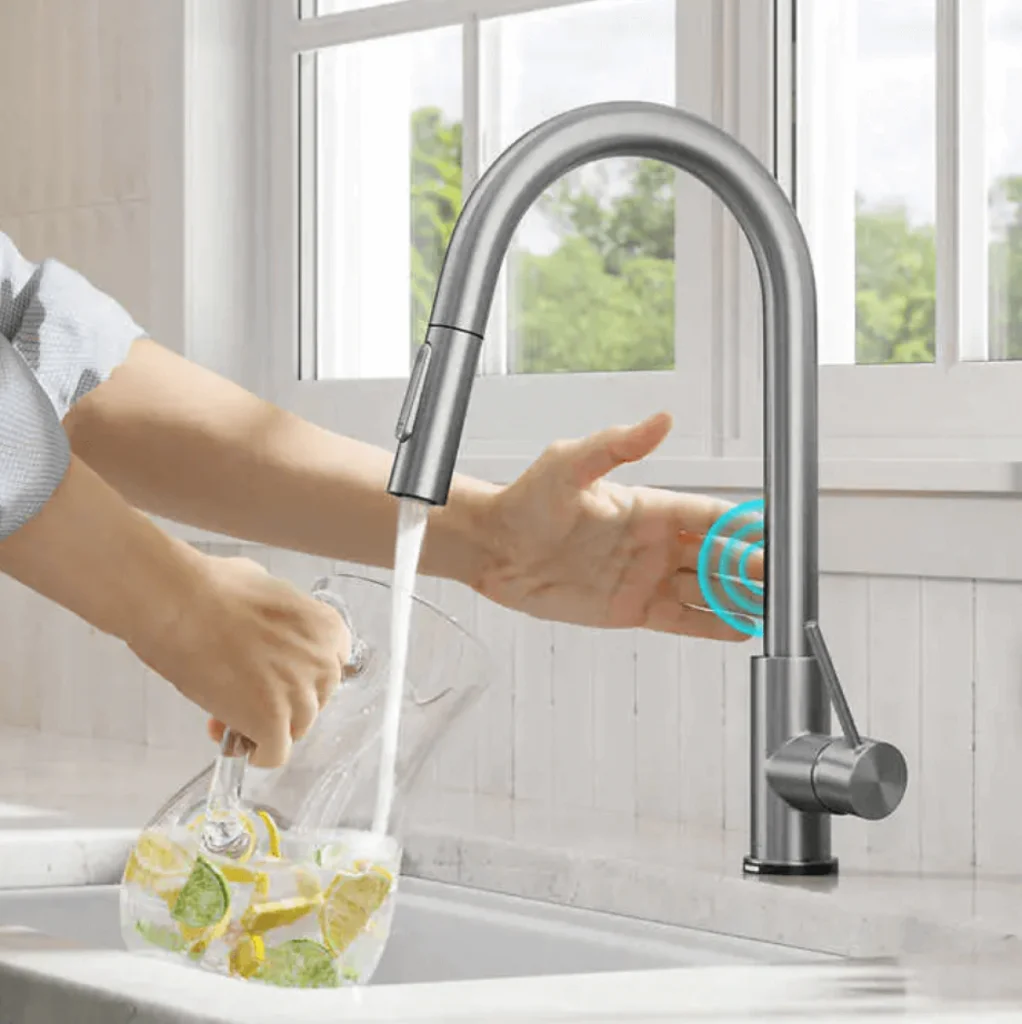In the world of kitchen appliances, few things can be as frustrating as an ice maker not making enough ice or an ice maker slow making ice. If you’ve been wondering, “Why is my ice maker so slow?”, you’re not alone. This common issue can be due to a variety of reasons. Problems with the water supply line, or incorrect freezer temperature can cause this issue. While your ice maker works in cycles to maintain a fresh batch of ice, any issues with the appliance can significantly slow down ice production.
A common query we receive is: “How to adjust ice maker to make more ice?” The answer often lies in understanding the functioning of your ice maker, including how water flows into the water inlet, and how the control arm manages the ice bin. You also need to keep a check on the freezer door, as leaving it open too often slows ice production.
But if you’re looking for an ice maker that excels in speed and versatility, check out the VEVOR Ice Makers. These reliable machines are renowned for their high-quality ice cubes and efficient ice production. And remember, if the issue persists, it might be time to call in an appliance repair specialist.
Common Reasons Why Your Ice Maker Not Making Enough Ice
There can be numerous reasons why your ice maker is slow or why your ice maker is not making enough ice. Here, we’ll delve into some common problems and how they can impact your ice maker’s efficiency.
1. Issues With the Water supply line
One of the primary reasons why your ice maker is slow making ice is an issue with the water supply line. If your water line is kinked, blocked, or if the valve is not fully open, the water flowing into the water inlet can be restricted, resulting in a slower ice making process. The good thing with top brands such as VEVOR Ice Makers is that their designs include mechanisms to mitigate such problems. Such designs ensure a steady water supply.
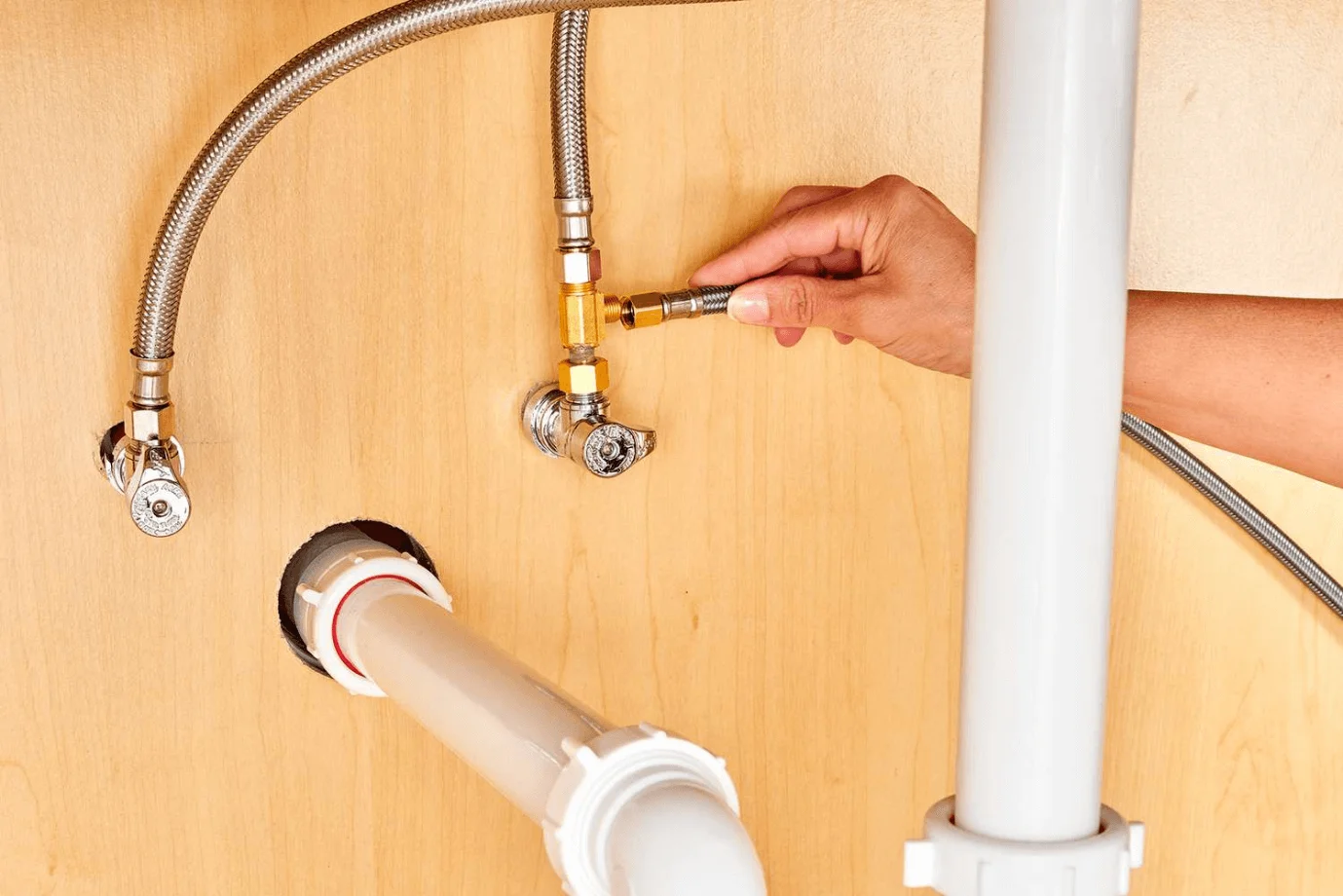
2. Inappropriate Freezer temperature
The temperature of your freezer plays a vital role in how your ice maker works. Ice makers generally require the freezer temperature to be around zero degrees Fahrenheit for optimal ice production. If the temperature is too high, it slows ice production significantly.
3. Clogged Water Filter
If your refrigerator’s water filter is clogged or hasn’t been changed in a while, it can reduce the flow of cold water into the ice maker, slowing down the production of ice cubes.
4. Stuck Control arm or Overfilled ice bin problems
The control arm regulates how much ice is made. If the ice bin is overfilled or the control arm is stuck, the ice maker may stop making ice before the bin is full.
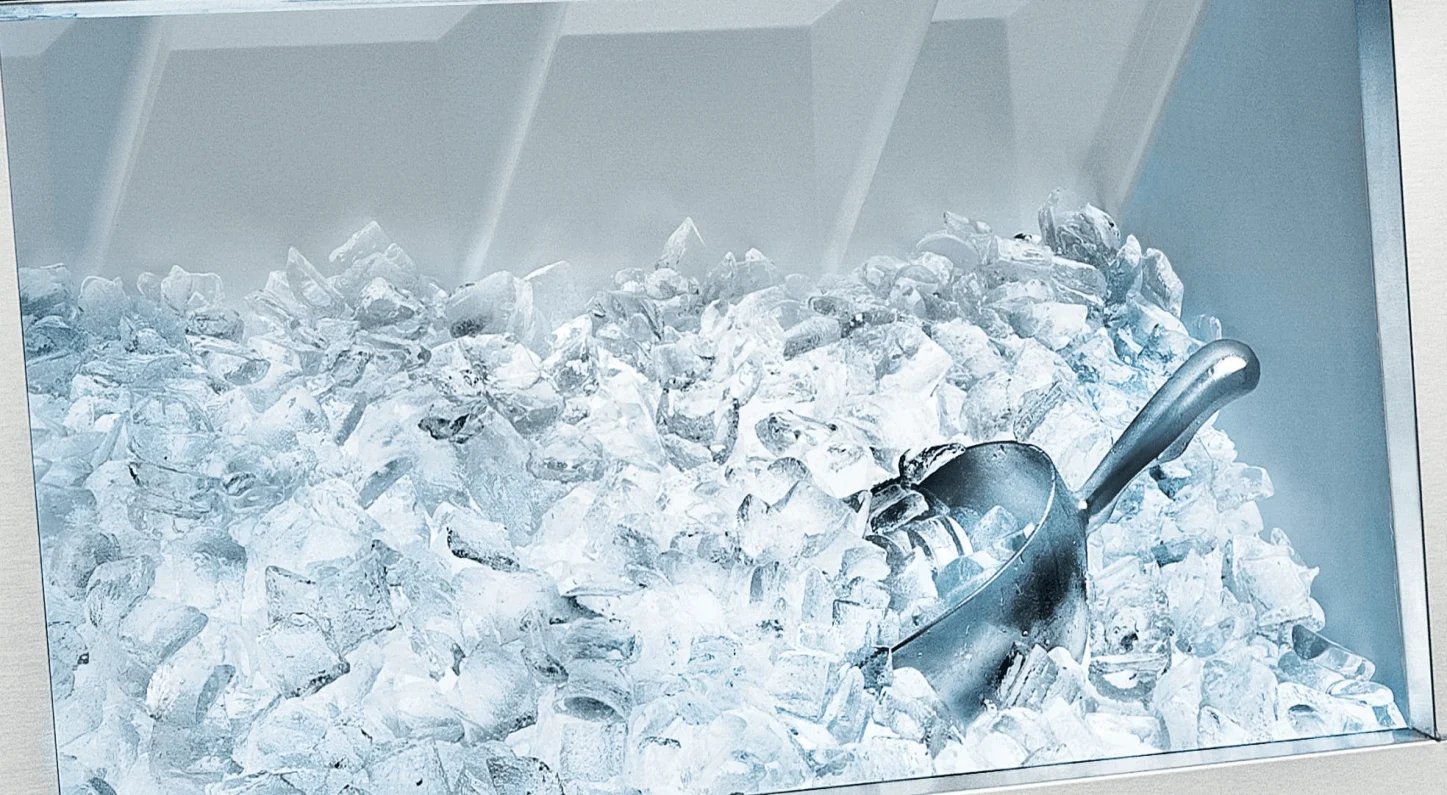
5. Issues With Freezer door
Leaving the freezer door open for too long can raise the freezer’s internal temperature and affect the ice making process. Make it a habit to keep the freezer door closed as much as possible.
If you’ve checked all these areas and are still wondering, “Why is my ice maker so slow?”, or “How to adjust ice maker to make more ice?” it may be time to consider appliance repair or replacement. Brands such as VEVOR offer excellent after-sale services such as repair and maintenance. They also offer a vibrant returns policy to help sort out any issues that might arise with your new ice making machine.
Remember, maintaining your ice maker and keeping it in optimal working condition is key to ensuring a steady supply of ice. So keep an eye on your batch of ice and make necessary adjustments when you see a drop in performance. Your ice maker is more than just an appliance, it’s the heart of your kitchen’s efficiency.
Tips to Increase Ice Production
If you’re grappling with the problem of an ice maker slow making ice, there are several tips you can apply to boost its efficiency. Here are some strategies to answer the frequent question, “Why is my ice maker so slow?”
1. Adjust the freezer temperature
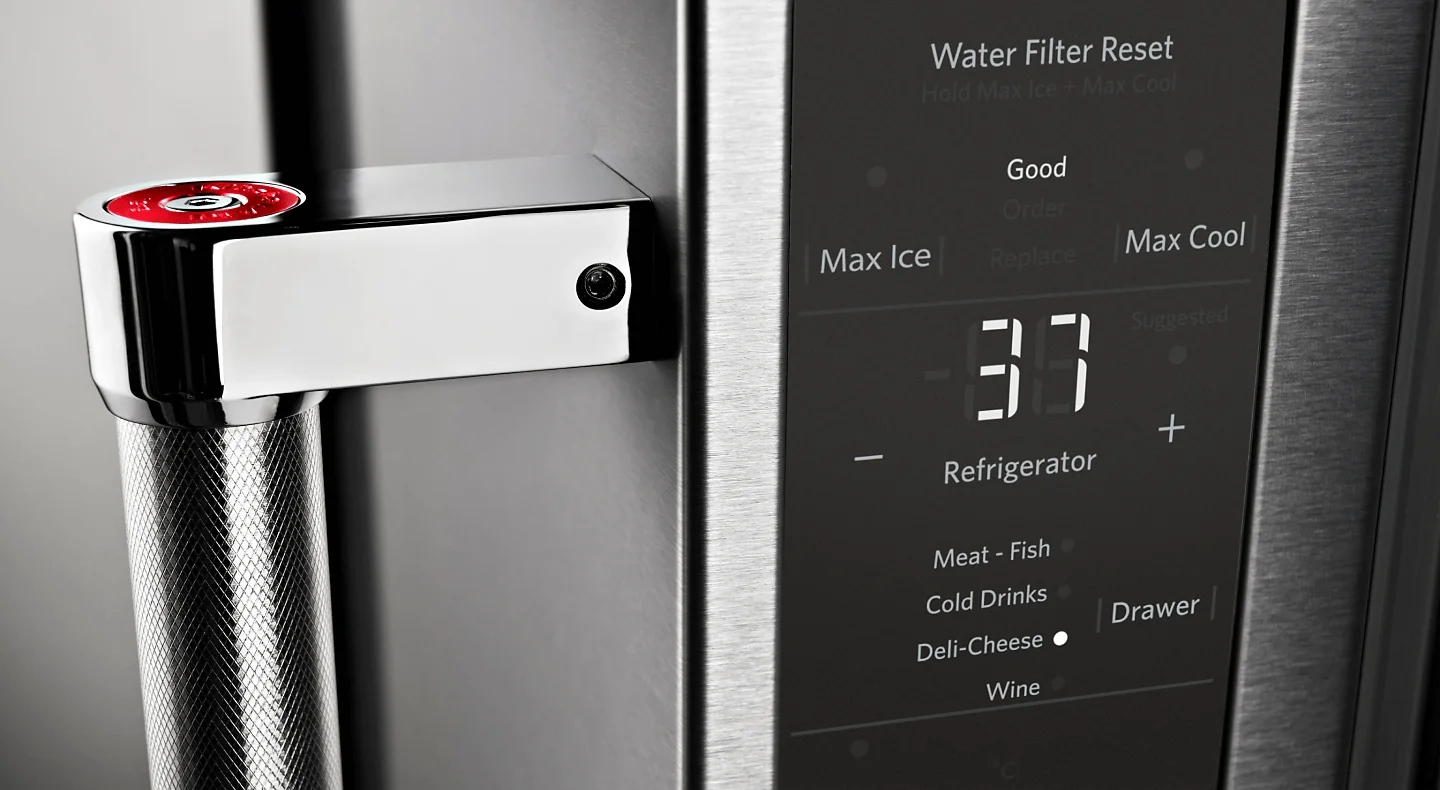
For optimal ice production, set your freezer to zero degrees Fahrenheit. A higher temperature can slow down the rate at which your ice maker produces ice.
2. Check the water supply
Ensure the water line is connected properly and the valve is fully open. Sometimes, a kink or blockage in the water line can impede the flow of cold water into the ice maker, causing it to produce ice slowly.
3. Change the water filter
If your refrigerator uses a water filter, make sure to replace it every six months. An old or clogged filter can decrease the flow of water to the ice maker, reducing its ice production rate.
4. Ensure the ice bin is not overfilled
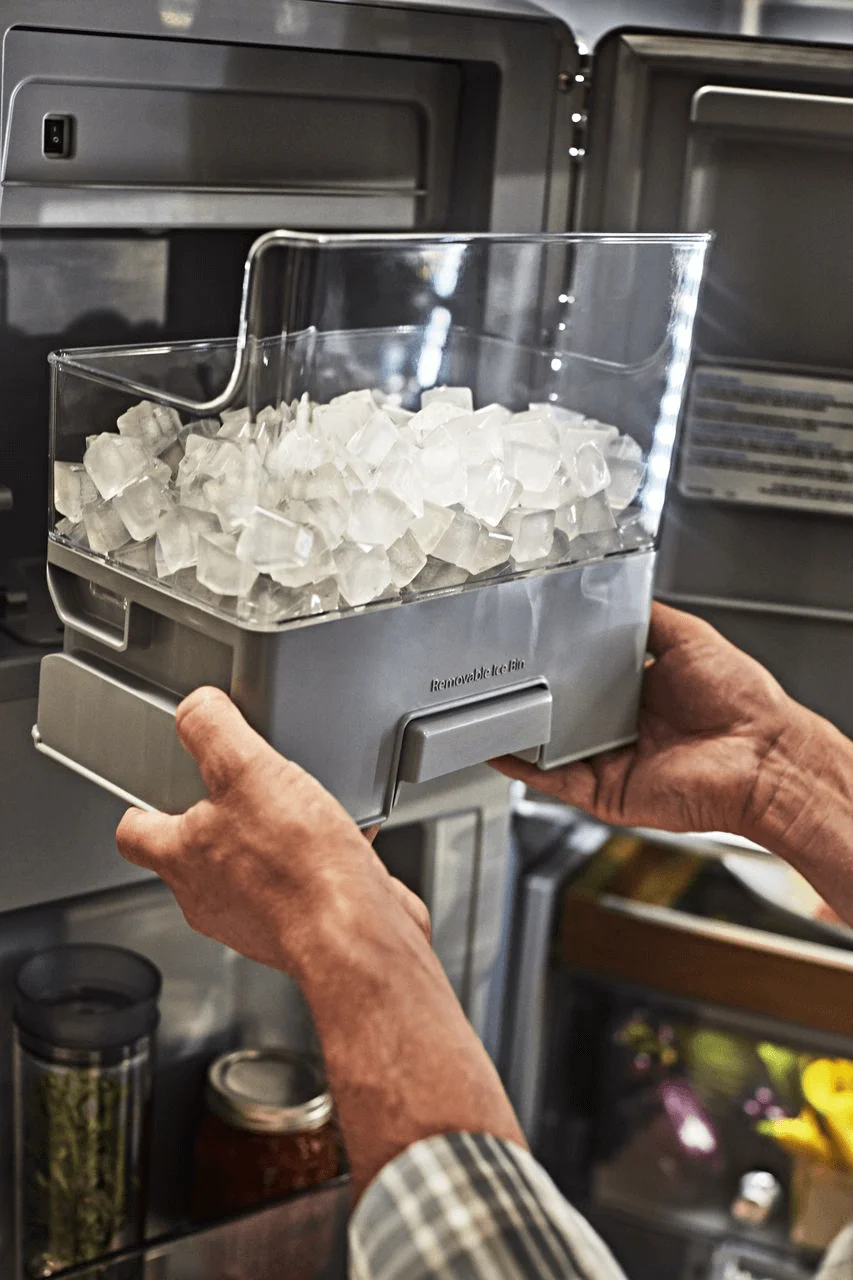
Ice makers are designed to stop producing ice when the bin is full. If your ice bin is overfilled or not positioned correctly, it may signal the ice maker to stop making ice even when more ice could be produced.
So, if you’re wondering “how to adjust ice maker to make more ice”, start by ensuring your valve is fully open, the water filter is clean, and the freezer is at the right temperature. These tips should help improve the speed at which your ice maker produces ice. If the issue of your ice maker slow making ice continues despite these fixes, it might be time to call in a professional for a thorough check-up and repair.
VEVOR Ice Makers- Ice Makers that Bring Speed and Versatility In Ice Production
When it comes to efficient and speedy ice production, VEVOR Commercial Ice Makers stand out as the go-to choice. They seamlessly blend speed and versatility, offering solutions for those struggling with the problem of an ice maker slow making ice.
Engineered with advanced technology, VEVOR Ice Cube Makers guarantee a robust ice-making performance. They offer a rapid ice making cycle, delivering ice cubes in as little as 6-15 minutes, addressing the common query, “Why is my ice maker so slow?”. With their easy-to-use control panels and high-quality components, VEVOR Ice Makers are not only about speed, but also about delivering durable and reliable service. If you’re wondering how to adjust an ice maker to make more ice, a VEVOR Ice Maker might be the hassle-free answer you’re looking for.
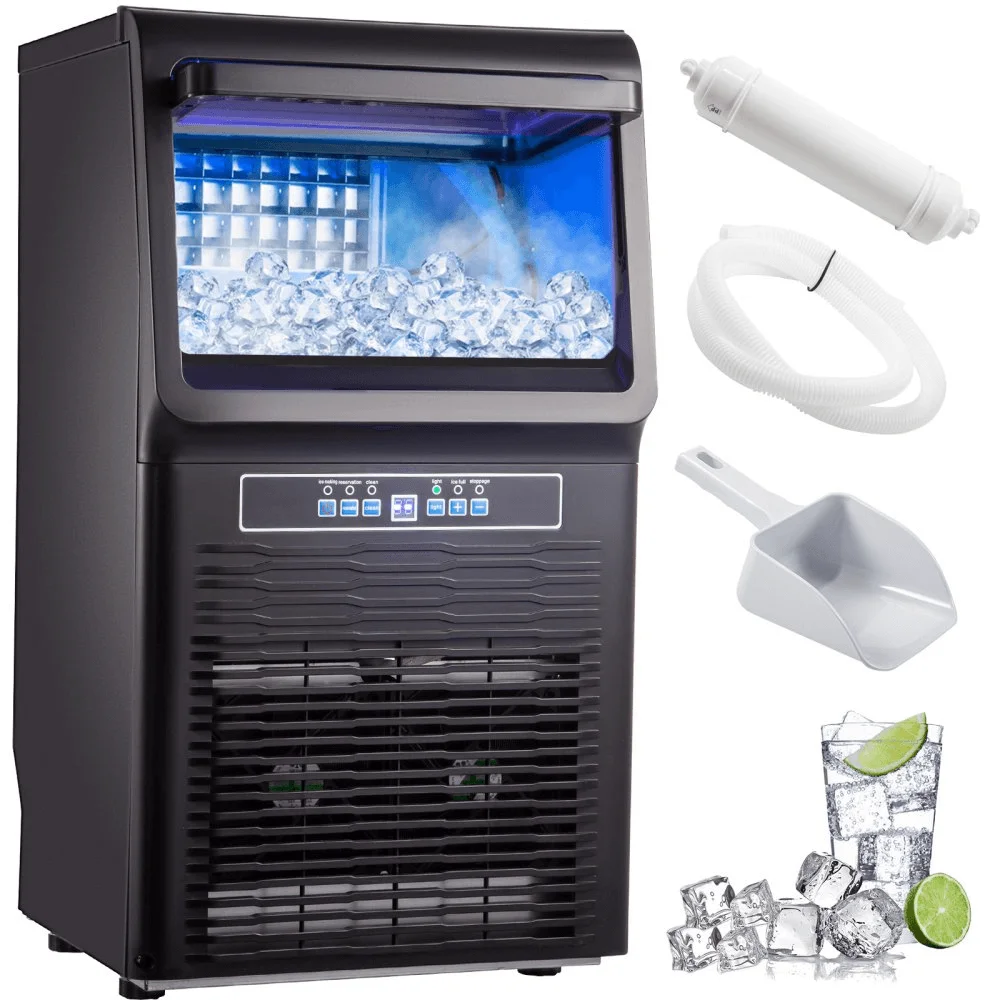
FAQs About Why Your Ice Maker not Making Enough Ice
1. Why is my ice maker slow making ice?
There could be several reasons why your ice maker is slow, including issues with the water supply line, the freezer temperature being set too high, or a clogged water filter. It’s important to diagnose the issue to effectively address it.
2. How to adjust ice maker to make more ice?
You can adjust your ice maker by ensuring that the water supply line is fully open, setting the freezer temperature to around zero degrees Fahrenheit, and making sure the water filter is not clogged or due for replacement.
3. How often should I replace the water filter to ensure adequate ice production?
It’s generally recommended to replace your refrigerator’s water filter every six months to maintain optimal ice production. However, this can depend on your usage and the manufacturer’s recommendations.
4. What temperature should my freezer be set at for maximum ice production?
For the most efficient ice production, your freezer should be set at around zero degrees Fahrenheit.
5. My ice maker is still slow even after checking these factors. What should I do?
If your ice maker is still slow even after following these steps, it might be best to seek help from a professional appliance repair service. They can help identify any potential mechanical issues that might be causing the problem.
Conclusion
To wrap up, dealing with an ice maker slow making ice or not making enough can be frustrating. The issue can stem from various factors like water supply line issues, incorrect freezer temperatures, or a clogged water filter. Understanding these problems and how to adjust your ice maker can significantly improve your ice production.
However, if your ice maker continues to underperform, considering an upgrade to a reliable model such as VEVOR Ice Makers could be an excellent solution. Remember, a well-maintained ice maker can ensure you always have a fresh batch of ice cubes whenever you need them.

